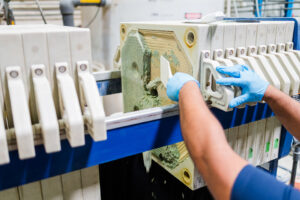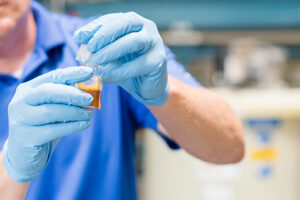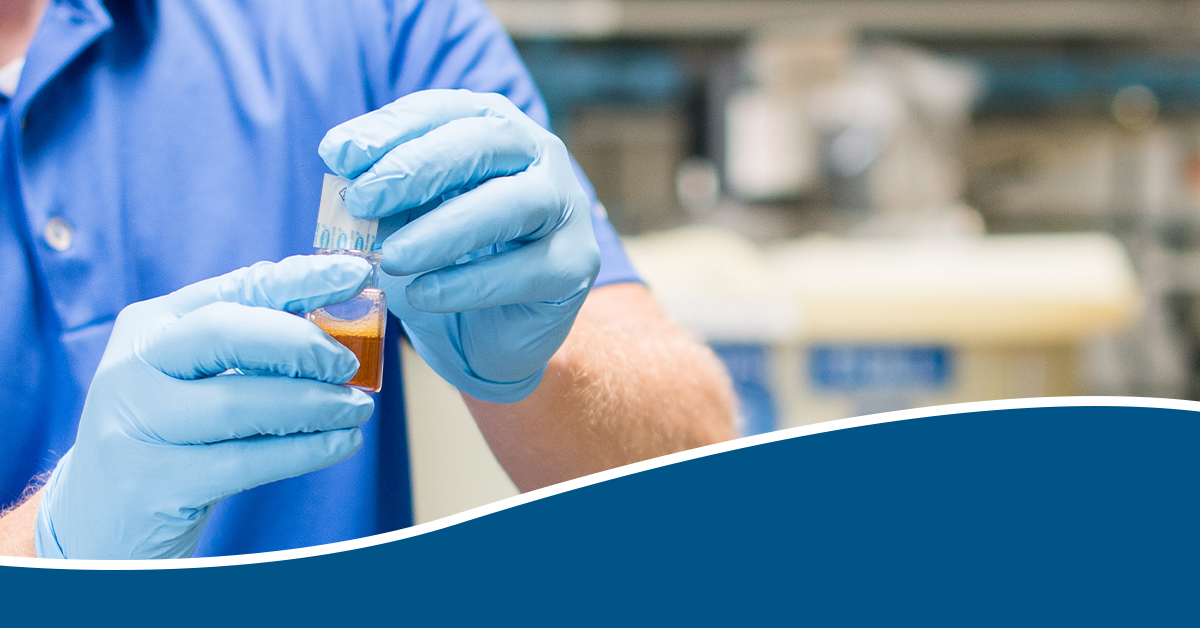Sticky Sludge and Creative Chemistry in Electrodeposition Process
Starting With Staffing
The ongoing shortage of licensed wastewater operators is a source of tangible strain across the wider wastewater treatment industry. As experienced operators continue to retire faster than new ones join their ranks, facilities may go from smooth operations to facing imminent interruptions in the blink of an eye. Understaffed facilities lead to overworked operators, creating potential safety hazards. At the same time, pauses in operations can be wildly costly for manufacturers. When one facility found themselves in need of licensed wastewater operators, they turned to Operators Unlimited to ensure production could carry on without missing a shift.
 Operational Challenges
Operational Challenges
Although the customer approached OU in response to their staffing concerns, OU’s skilled operators quickly made strides to improve the manufacturer’s wastewater treatment process. This particular location specialized in electrodeposition, or e-coating, car doors. E-coating aids in the adhesion of paints and similar coatings to metals; as such, the facility’s waste stream primarily consisted of inorganic residuals.
Typically, inorganic residuals struggle to form a strong flocculant structure and as such require varying treatments for downstream processing. At this facility, high levels of alkalinity complicated treatment efficiency. The sludge’s consistency was so challenging that the facility opted to use their existing plate and frame filter press to process approximately 4,500 gal/day of sludge. Plate and frame filter presses are not the most modern approach to dewatering; still they are commonly found in industrial settings to manage otherwise unmanageable sludge.
Chemical Optimization Solving Process Problems
 Because this facility was satisfied with their equipment and its performance, this prompted OU’s operators and engineers to improve its functionality through chemical optimization. This meant adjusting the treatment chemistry to create a better sludge and combatting alkalinity. Finding the ideal mix of coagulants, flocculants and precipitants to incorporate can be delicate work, and testing required onsite monitoring. Although the sludge will always be sticky, OU was able to optimize its formation within the existing process while supplying the facility with much needed licensed operators.
Because this facility was satisfied with their equipment and its performance, this prompted OU’s operators and engineers to improve its functionality through chemical optimization. This meant adjusting the treatment chemistry to create a better sludge and combatting alkalinity. Finding the ideal mix of coagulants, flocculants and precipitants to incorporate can be delicate work, and testing required onsite monitoring. Although the sludge will always be sticky, OU was able to optimize its formation within the existing process while supplying the facility with much needed licensed operators.
OU operators are licensed in all levels of wastewater treatment throughout South Carolina, North Carolina and Georgia. To speak to a specialist about your wastewater operational support or treatment optimization needs, click here or call 864-228-1131.


